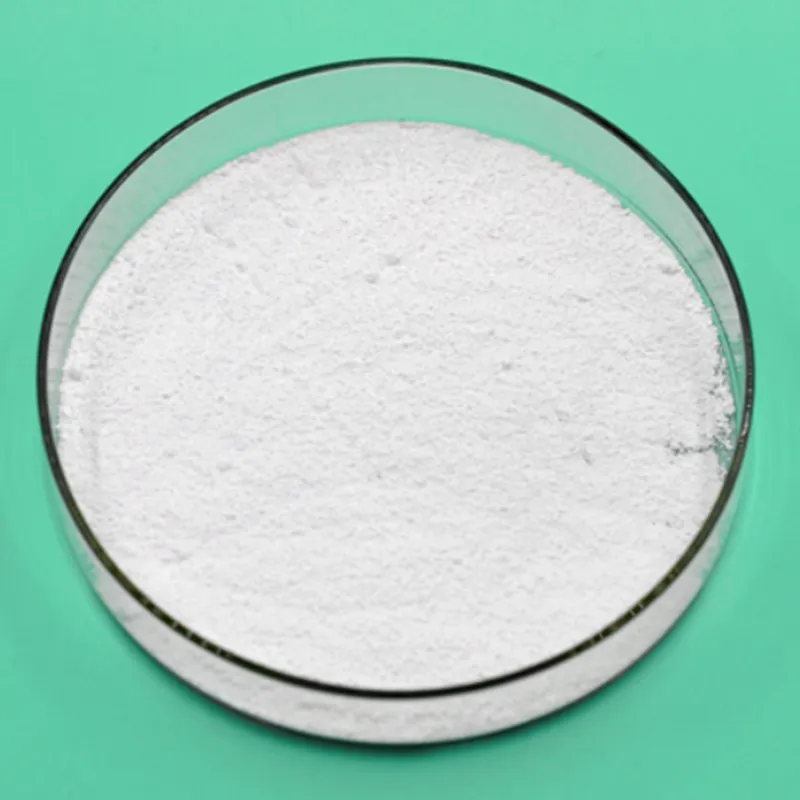
Exploring the Uses and Effects of Monosodium Glutamate as a Food Additive
Monosodium Glutamate Understanding Its Role as a Food Additive
Monosodium glutamate (MSG) is a flavor enhancer that has been used in various cuisines around the world for decades. It is the sodium salt of glutamic acid, an amino acid found naturally in many foods, including tomatoes, cheese, and mushrooms. As a food additive, MSG is recognized for its ability to enhance the umami flavor—the savory taste that complements and enriches other flavors in dishes.
The use of MSG can be traced back to its discovery in 1908 by Japanese chemist Kikunae Ikeda, who isolated the compound from seaweed broth. Ikeda discovered that MSG produced a unique taste distinct from the basic flavors of sweet, sour, salty, and bitter. He recognized its potential and patented the process of producing MSG, leading to its widespread use in Asian cuisine, particularly in Chinese food. Over time, MSG gained popularity globally, being incorporated into snack foods, processed meats, soups, and sauces.
Despite its popularity, MSG has been a subject of controversy since the late 20th century. A phenomenon termed Chinese Restaurant Syndrome emerged in the 1960s, which was linked to symptoms such as headaches, flushing, and sweating after consuming foods high in MSG. While some individuals reported sensitivity to MSG, extensive scientific research has not confirmed any consistent or severe adverse effects attributable to its consumption in typical dietary amounts. Regulatory agencies, including the U.S. Food and Drug Administration (FDA), classify MSG as generally recognized as safe (GRAS).
food additive monosodium glutamate

MSG provides several benefits in food preparation. It enhances the overall flavor profile, allowing for reduced sodium content in dishes while maintaining a desirable taste. The savory depth that MSG brings can often lead to a greater satisfaction with the food, encouraging people to enjoy meals more fully while potentially reducing the need for excessive salt. This aspect is particularly important in the context of public health, as high sodium intake is associated with increased risks of hypertension and heart disease.
In addition to its flavor-enhancing properties, MSG has economic benefits for food manufacturers and chefs. By using MSG, producers can lower production costs without sacrificing flavor. This is particularly valuable in prepared foods, where maintaining a consistent taste is essential for consumer satisfaction. With the rising interest in global cuisines, MSG allows for more accessible and affordable gourmet experiences, ensuring that flavorful dishes are available to a larger audience.
Nevertheless, the discussion surrounding MSG is still ongoing, and awareness campaigns have emerged to educate consumers about its safety. While the scientific consensus supports its safety, there remains a segment of the population that prefers natural flavoring agents or has subjective sensitivities to food additives. As a result, many food manufacturers have begun to label products as MSG-free, catering to consumer preferences and addressing concerns.
In conclusion, monosodium glutamate is a vital player in the culinary world, enhancing flavors and making food more enjoyable. While it has faced scrutiny, especially from consumers concerned about health implications, extensive research has consistently demonstrated its safety in normal dietary use. As food trends evolve and people become more discerning about what they consume, the conversation around MSG will likely continue, fostering a greater understanding of its role as a food additive. For now, it remains a staple in many kitchens, embodying the essence of umami and enriching the global gastronomic landscape.
-
Pure Sodium Dichloroisocyanurate Dihydrate | Powerful DisinfectantNewsAug.29,2025
-
Industrial Chemicals: Quality & Purity for Every IndustryNewsAug.28,2025
-
Nitrile Rubber Honoring Strict Production StandardsNewsAug.22,2025
-
Aspartame Ingredients Honoring Food Safety ValuesNewsAug.22,2025
-
Fertilizer for Balanced Plant NutritionNewsAug.22,2025
-
Cyanide Gold Processing with High Purity AdditivesNewsAug.22,2025
-
Formic Acid in Textile Dyeing ApplicationsNewsAug.22,2025
Hebei Tenger Chemical Technology Co., Ltd. focuses on the chemical industry and is committed to the export service of chemical raw materials.
-

view more DiethanolisopropanolamineIn the ever-growing field of chemical solutions, diethanolisopropanolamine (DEIPA) stands out as a versatile and important compound. Due to its unique chemical structure and properties, DEIPA is of interest to various industries including construction, personal care, and agriculture. -

view more TriisopropanolamineTriisopropanolamine (TIPA) alkanol amine substance, is a kind of alcohol amine compound with amino and alcohol hydroxyl, and because of its molecules contains both amino and hydroxyl. -

view more Tetramethyl Thiuram DisulfideTetramethyl thiuram disulfide, also known as TMTD, is a white to light-yellow powder with a distinct sulfur-like odor. It is soluble in organic solvents such as benzene, acetone, and ethyl acetate, making it highly versatile for use in different formulations. TMTD is known for its excellent vulcanization acceleration properties, which makes it a key ingredient in the production of rubber products. Additionally, it acts as an effective fungicide and bactericide, making it valuable in agricultural applications. Its high purity and stability ensure consistent performance, making it a preferred choice for manufacturers across various industries.





